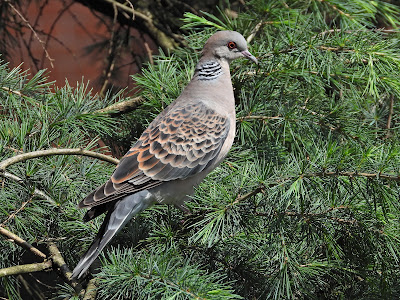Robber Fly (Subfamily Asilinae, 食虫虻亚科).
An attractive-looking predatory insect at rest on a ramie leaf, on the lower slopes of Yuelu Mountain. There is a superfluity of moths and grasshoppers about so it will not go hungry. I am not sure about the precise species, but that is fine.

































